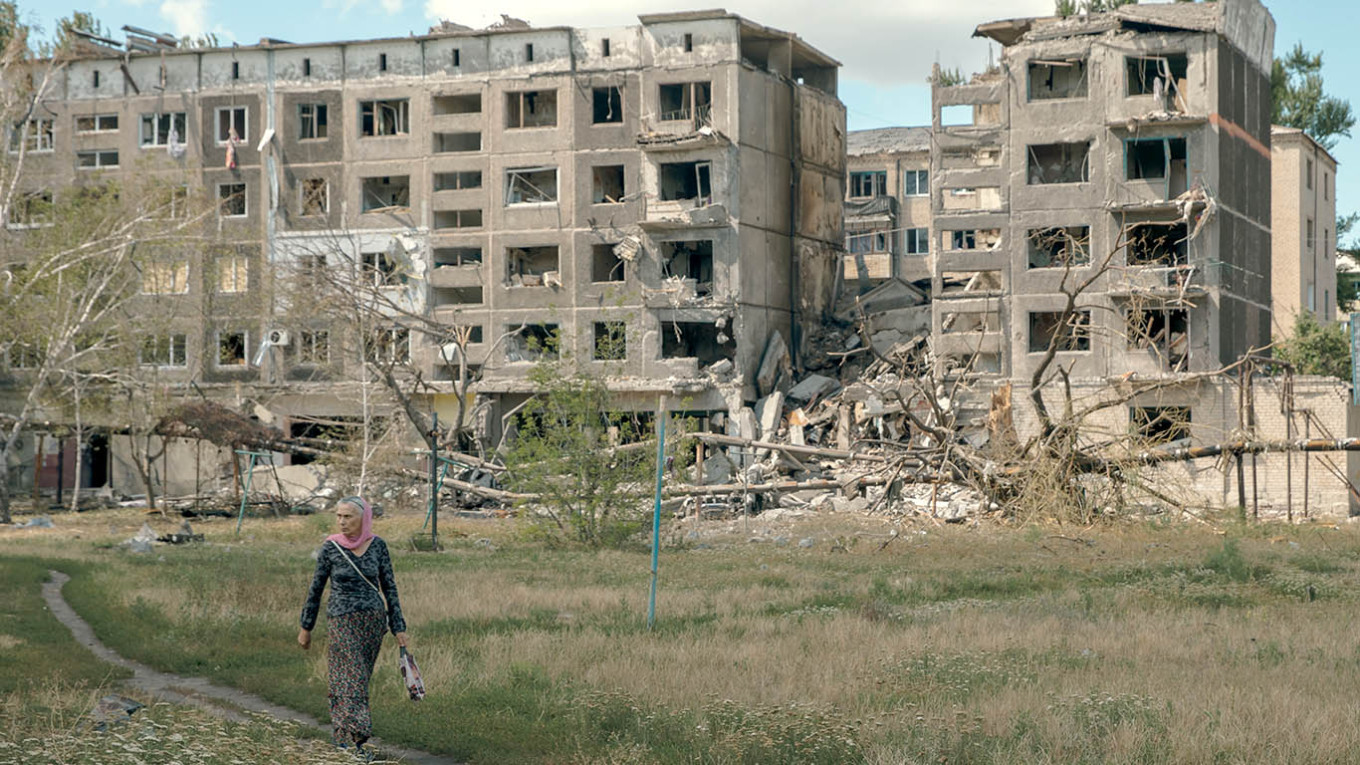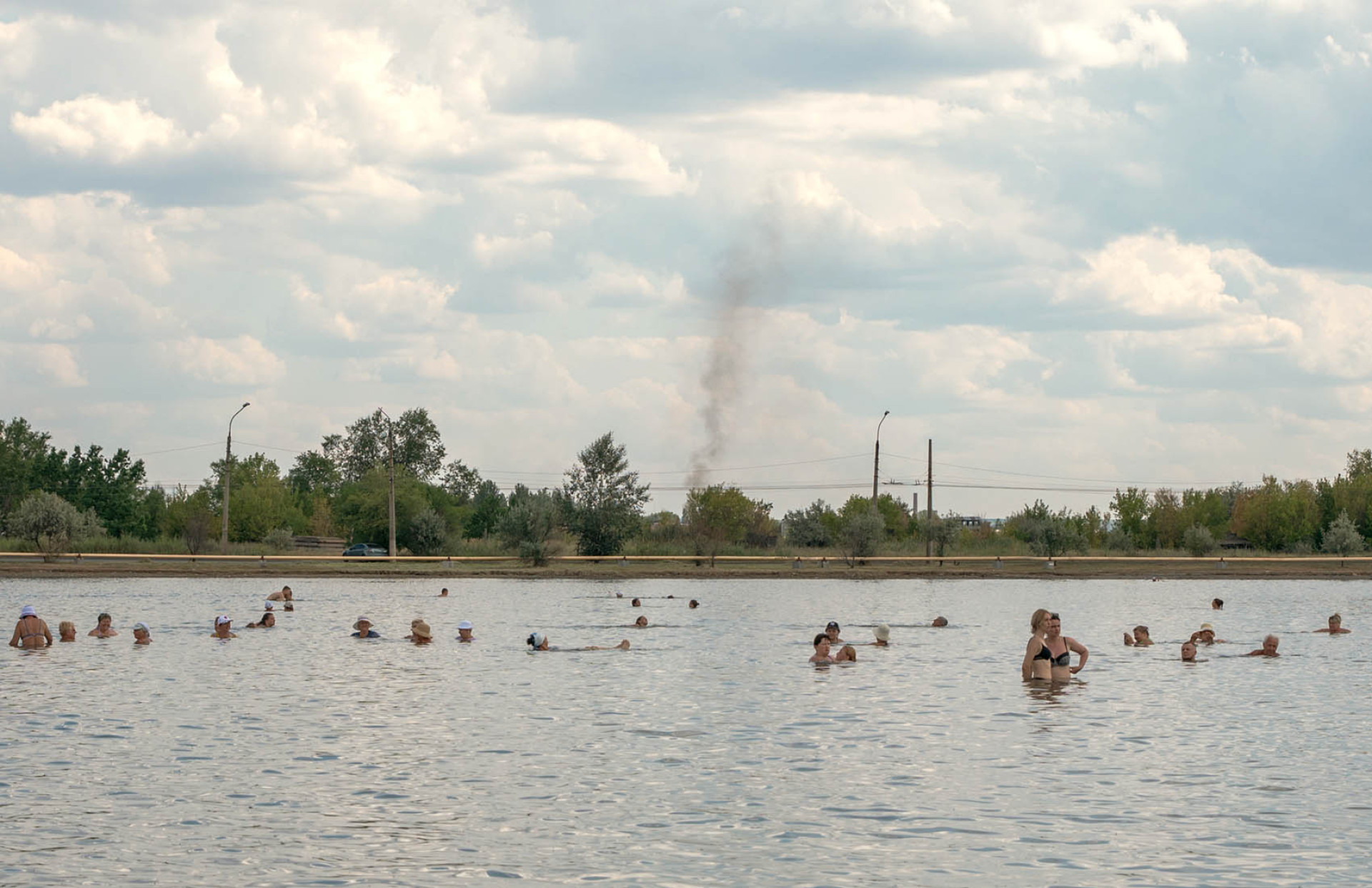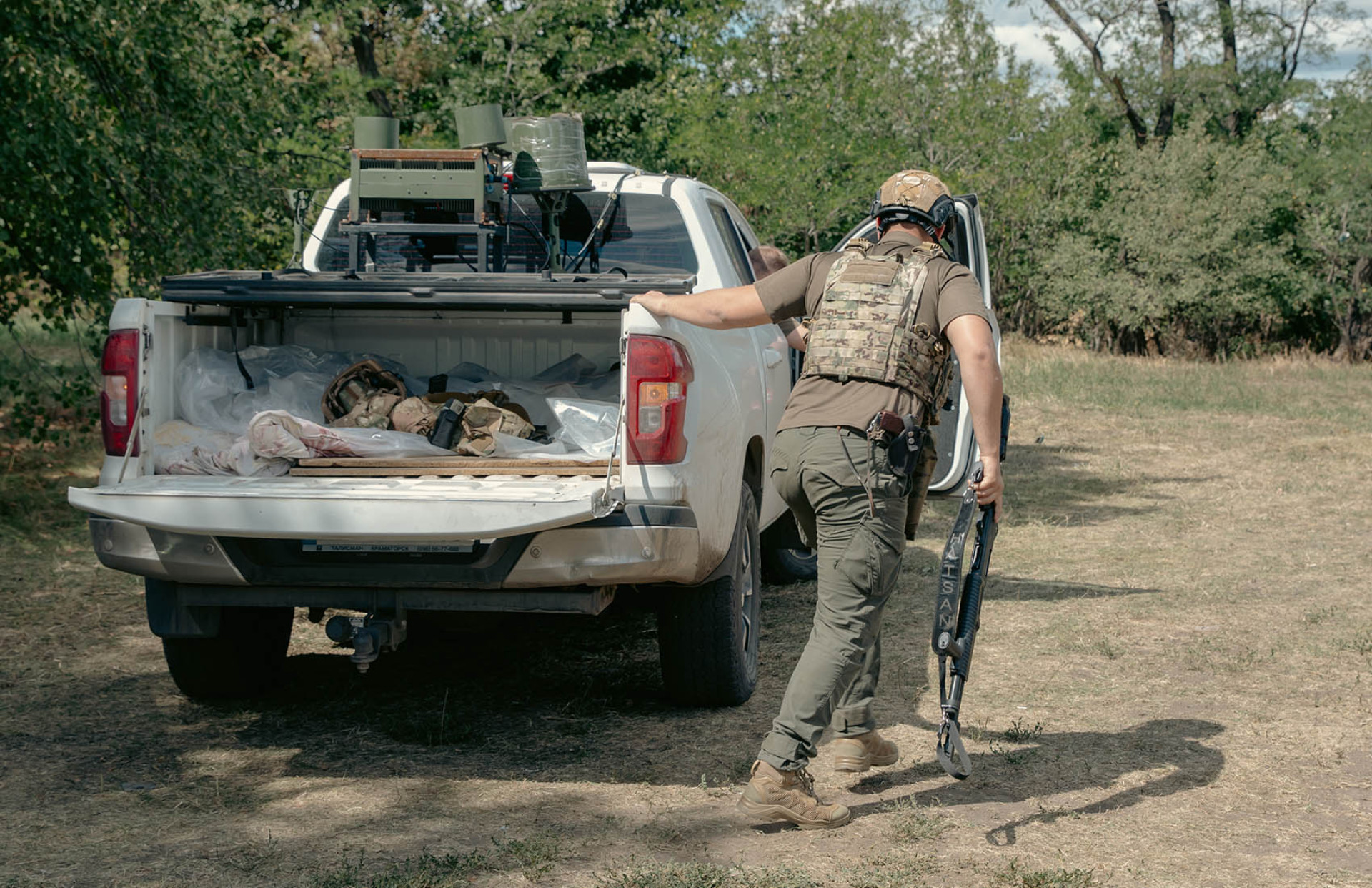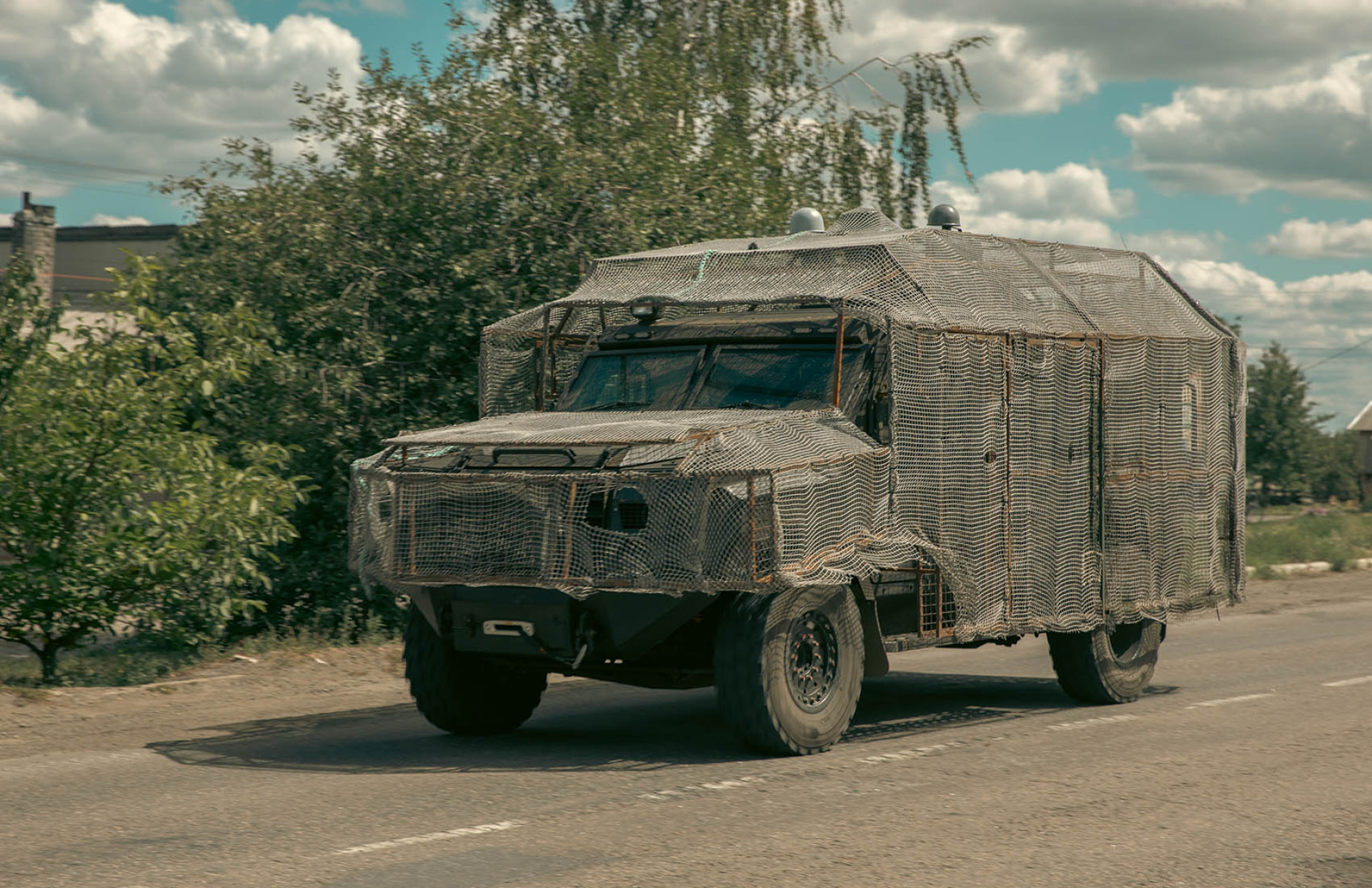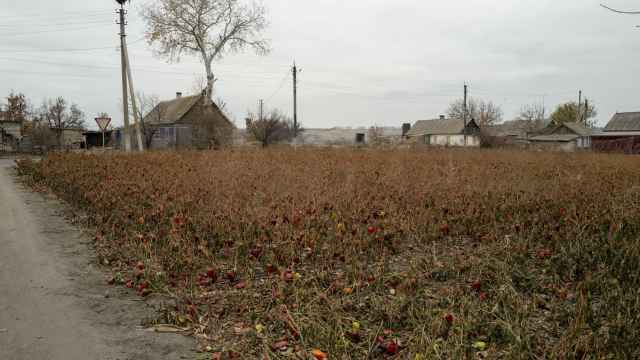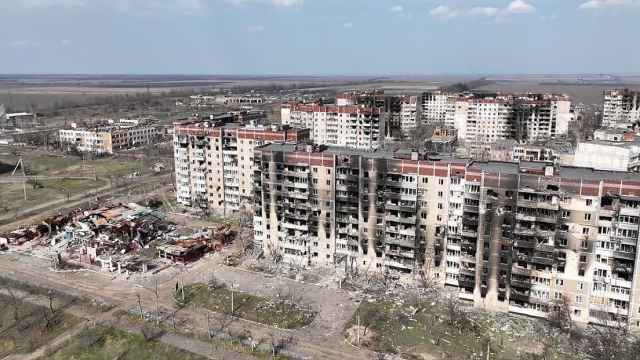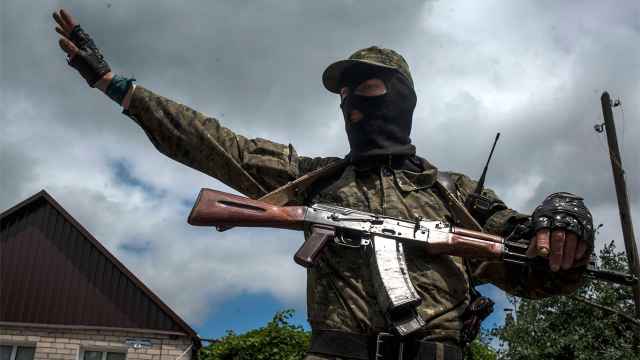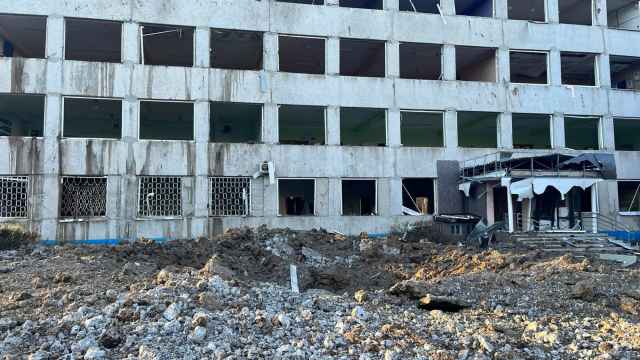DONETSK REGION, Ukraine — On the salty shore of Sloviansk, Sasha, a 22-year-old soldier from Kherson, sips a beer and drags on a cigarette. Behind him, the salt lakes shimmer, a mirror where sky and earth blur together. In the distance, a column of smoke marks something burning. Along the shoreline, civilians and returning refugees, back for a weekend in their home region, rest uneasily beside soldiers on rotation.
The summer has dragged on longer than any winter. Faces are drawn, expressionless.
Situated just 22 kilometers (13.6 miles) from the front line, the lake of Sloviansk is one of the last fragile pockets of peace left in the Donetsk region. Russian forces have been pressing all along the front since late spring, and today, they are trying to encircle the city of Kostiantynivka.
“Pokrovsk could fall by autumn,” one soldier tells me.
On the diplomatic front, Ukraine has had to reinvent its relationship with the U.S. under the Trump administration. Kyiv has chosen the strategy of conciliation, agreeing to conditions like an unconditional 30-day ceasefire and a rare-earth minerals deal negotiated with Washington.
At first, this approach appeared to bear fruit. Amid a diplomatic push led by Ukraine’s European partners and nights of Russian bombardment on Ukrainian cities, Trump appeared to be hardening his tone and considering new sanctions against Moscow.
But at an Aug. 15 summit in Alaska, President Vladimir Putin dangled the prospect of peace in Ukraine before Trump and suggested he might scale back his ambitions. In exchange for halting hostilities on the southern front line, Moscow demanded Ukrainian forces’ full withdrawal from the Donetsk region, some 70% of which is under Russian occupation.
Ukrainian leader Volodymyr Zelensky ruled out the proposal, stressing that Ukraine’s constitution does not allow the ceding of territory.
More importantly, it would be nearly unimaginable for Ukraine to abandon its remaining territory in Donetsk, one of the country’s most fortified areas — and one that shields Russian advances toward Kharkiv and Dnipro, Kyiv-based foreign policy and security analyst Jimmy Rushton said.
“Ukraine has the Donbas line, a network of fortifications stretching across Donetsk,” Rushton said. “It is well constructed, with deep anti-tank ditches, trench lines and reinforced concrete positions. Some of them were built at great expense.”
If Ukraine were to abandon these, it would fall back to almost nothing, he said.
“The ground behind is flat and open, without prepared defenses,” he said. “Donetsk offers elevation and strong positions that are already in place. It is far easier to defend.”
Difficulties with mobilization
Far from the diplomatic maneuvers, Sasha has lived the war at close range.
“I spent three years in the infantry. I am one of the only survivors of my first unit,” he says quietly. “Now I serve in artillery. My body cannot take the infantry anymore.”
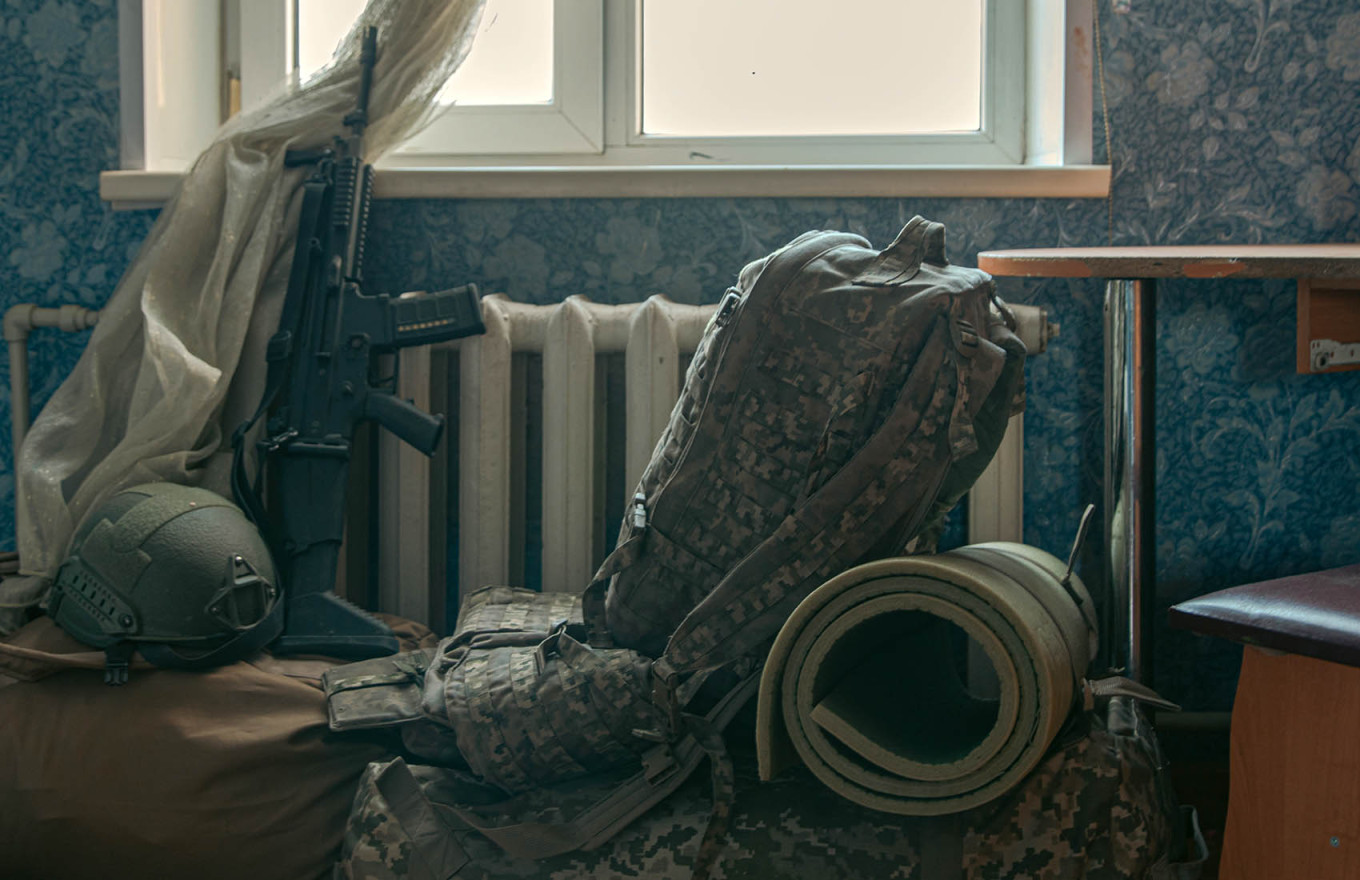
He does not think beyond tomorrow. For him, peace, whether promised by Washington or by Moscow, is not believable.
“It will take them years to take all of Donbas,” he says. “So why give it up for free? How could we give it away after so many of our friends and family have died at the front?”
Still, Sasha does not underestimate Russia’s strength. The Donbas front has always been difficult. He knows Ukraine cannot retake lost territory.
“It is better to stop them on the line of contact. Reinforce, create a wall of drones, make any advance impossible.”
But he also knows the task is daunting. Unlike Russia, with its demographic advantage, Ukraine struggles to recruit — and it is this manpower shortage that allows such porosity in Kyiv’s lines.
Just days before the Trump-Putin summit, Russian forces pushed 17 kilometers on the eastern front near Dobropillia, a town near Pokrovsk.
According to DeepState Map, an independent Ukrainian platform tracking the front line, the breach was sealed in record time, with the Azov and Da Vinci brigades cutting the salient in two and expelling Russian sabotage groups known as DRG.
The operation, which also served as a Russian PR stunt ahead of the Alaska summit, nonetheless revealed weaknesses in Ukraine’s defenses.
Bohdan Krotevych, chief of staff of the Azov Brigade, said the problem goes beyond fortifications.
In a series of blunt Telegram posts, he implied that Ukraine has built sufficient defenses but does not have enough soldiers to hold them.
“In defense without fortifications. In assault without reserves,” he wrote. “Officers no longer lead men into battle, they drag in whoever is still standing.”
Describing the porous front line, Krotevych explained that exhausted and understrength units are forced to hold vast sectors with minimal personnel.
“On a sector of more than five kilometers, [there are] 10, at most 12 fighters. The defense is held by drivers, artillerymen, cooks. But even they are used up. In the battalions, only 25% of the manpower remains, most of them already wounded before, now serving as drivers or orderlies just to keep being useful.”
The problem, he added, is compounded by the absence of real reinforcements.
“When another battalion burns out, we do not receive reinforcements, we get a redistribution. People do not arrive, they are smeared across countless gaps,” he said.
‘The Russians no longer have enough men’
After the Russian push near Dobropillia, Sasha was laconic.
“They keep launching attacks. But we stop them. They advance centimeter by centimeter. We still lack everything, though. But do we really have a choice?” he says. “After the Donetsk region, they will keep advancing further. Better to make them pay the price here, where we have good fortifications.”
French defense consultant Xavier Tytelman argues that while the breach represented a Ukrainian mistake, it also exposed Russia’s incapacity to exploit breakthroughs.
“The assaults are less and less effective,” he says. “The Russians still have men willing to sacrifice themselves to plant a flag. But they did not send vehicles. Even when they find a breach, they no longer have the resources to send in 20 tanks, engineering units to dig trenches or demining systems. They do not have the material means to exploit infantry successes. It proves Russia no longer has the maneuvering mass that once matched its infantry.”
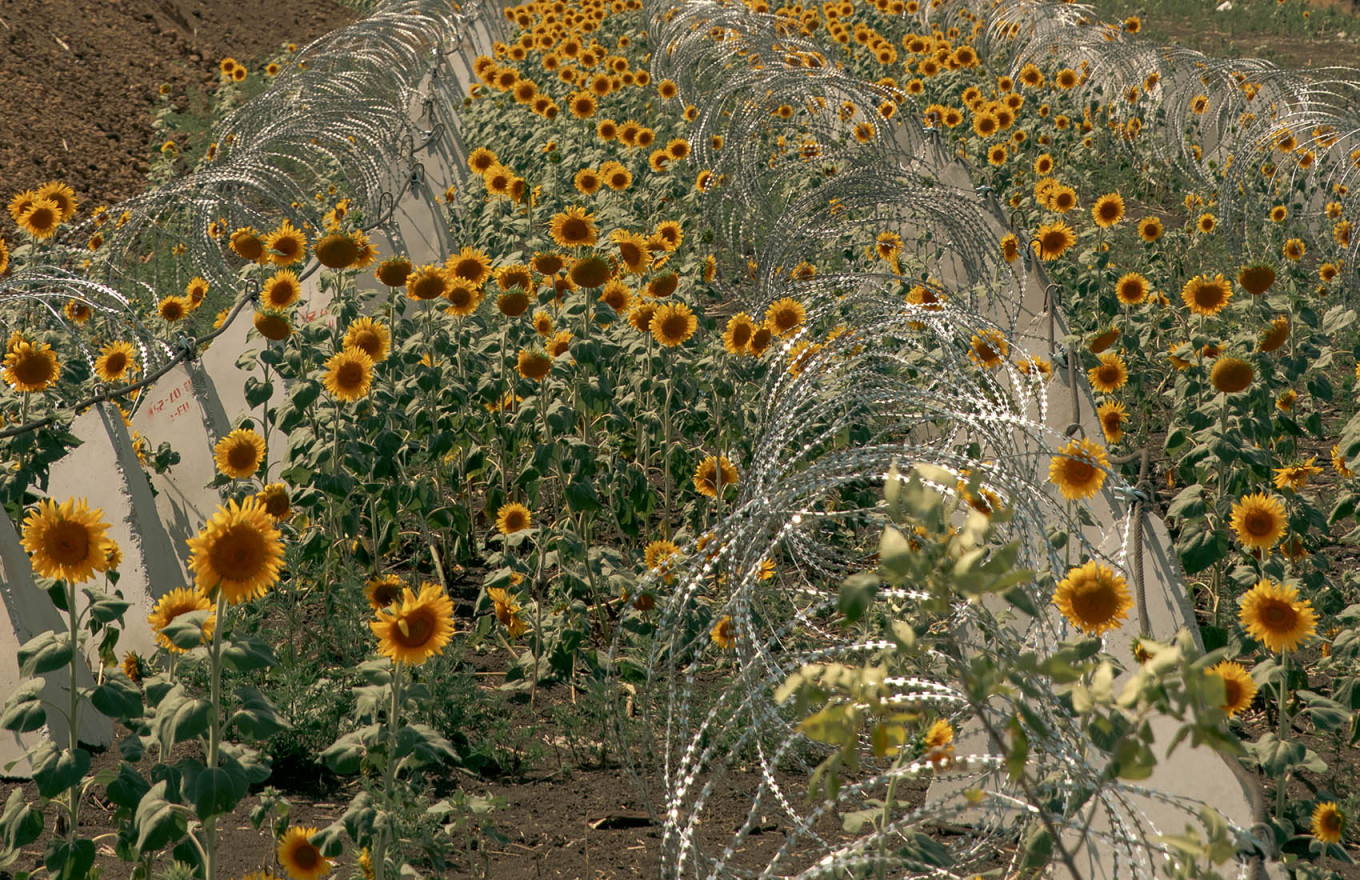
This, he says, shows why Ukraine has no interest in abandoning the Donetsk region in exchange for a shaky promise that Russia will bring peace in return.
“Russia captured less than 4,000 square kilometers last year,” he says. “At this pace, it would take them two years to finish capturing the Donetsk region if they concentrated all their forces. But they do not, because they are also engaged in Sumy, Kharkiv, Zaporizhzhia and Kherson.”
Rushton echoes this, noting that cities like Kramatorsk, Sloviansk and Druzhkivka form a defensive backbone.
“Since 2014, Ukraine has fortified them with underground structures and industrial complexes, something akin to Mariupol’s Azovstal. Along with the Donbas line, it makes this region uniquely defensible,” he says.
On the road back from Sloviansk, the landscape bears the scars of Russian advances. Excavators tear into the fields, carving one trench after another.
Across the plain, dragon’s teeth stretch for miles, with sunflowers already sprouting between the concrete.
“The Kremlin knows that we will not withdraw,” Sasha sighs. “What they want is to make us bear the blame for the failure of peace. Then Putin can say it is Ukraine’s fault. Maybe the Americans will cut weapons, maybe intelligence. But even that, I am not sure it would be enough for Russia to take the whole Donbas in the next two or three years. Not at this pace.”
A Message from The Moscow Times:
Dear readers,
We are facing unprecedented challenges. Russia's Prosecutor General's Office has designated The Moscow Times as an "undesirable" organization, criminalizing our work and putting our staff at risk of prosecution. This follows our earlier unjust labeling as a "foreign agent."
These actions are direct attempts to silence independent journalism in Russia. The authorities claim our work "discredits the decisions of the Russian leadership." We see things differently: we strive to provide accurate, unbiased reporting on Russia.
We, the journalists of The Moscow Times, refuse to be silenced. But to continue our work, we need your help.
Your support, no matter how small, makes a world of difference. If you can, please support us monthly starting from just $2. It's quick to set up, and every contribution makes a significant impact.
By supporting The Moscow Times, you're defending open, independent journalism in the face of repression. Thank you for standing with us.
Remind me later.



